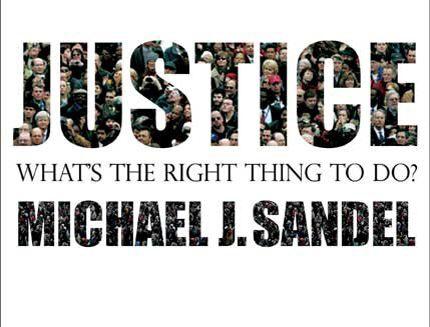As always, I have a growing stack of books I haven’t found time to read. But here are some of the ones I’ve tackled in the last month or so.
Charles Malcolm Wingard, Help for the New Pastor: Practical Advice for Your First Year of Ministry (P&R, 2018). Charlie Wingard was my pastor during my seminary years. I learned from him in the pulpit, and even more so from my time as a pastoral intern. Today Charlie teaches at RTS Jackson and pastors First Presbyterian Church (PCA) in Yazoo City, Mississippi. This book is what I would expect from Charlie: exceedingly practical and extremely wise, full of straight-shooting advice and infused with the spiritual common sense that comes from experience. Pastors will benefit from this book whether it’s their first year in ministry or not.
Jonathan Leeman, How the Nations Rage: Rethinking Faith and Politics in a Divided Age (Nelson Books, 2018). I try to read everything Jonathan writes, and I often send him my writing for his measured evaluation. Whether I agree with every jot or tittle (he is a Baptist after all!), he’s always clearheaded, tenderhearted, and thoughtful. This topic in particular—the intersection of faith and politics—is one Jonathan knows a lot about, from his years ministering in D.C. to his doctoral work on politics and ecclesiology. This would be a great book for church small groups. Jonathan helps us cut through a lot of fuzzy thinking (on both sides of the political divide) and shows us what really matters.
Rufus Burrow Jr., Martin Luther King Jr. for Armchair Theologians (Westminster John Knox Press, 2009). At T4G I asked Mike Edmondson for his recommendation on a book about King’s theology. This was his suggestion. While Burrow is a serious King scholar, this brief volume is aimed at high school seniors as well as college students wanting a basic introduction to King’s thought. Those looking for detailed theological analysis will want to go elsewhere. Still, Burrow helpfully situates King in his wider personal and intellectual context. According to Burrow, King the theologian was first and foremost a “Christian social personalist,” believing that on the cross Christ bound all people together and stamped “on all men the indelible imprint of preciousness” (59). Burrow argues that from an early age King rejected his fundamentalist upbringing, doubting the truth of the virgin birth, the inerrancy of the Bible, and the bodily resurrection of Jesus (24). Burrow positions King as a liberal theologian with a neo-orthodox corrective (i.e., more realistic about human nature), as an advocate of agape self-sacrifice and the social gospel, and as a Ghandi-inspired practitioner who embraced certain elements of Hindu thought as they related to the practice of nonviolence.
Thomas Sowell, Discrimination and Disparities (Basic Books, 2018). Those familiar with Thomas Sowell, the African American economist at Stanford’s Hoover Institution, will find the arguments in this short book to be as expected: a conservative critique against the “seemingly invincible fallacy that outcomes in human endeavors would be equal, or at least comparable or random, if there were no biased interventions, on the one hand, nor genetic deficiencies, on the other” (100). Sowell maintains that in the face of economic and other disparities among individuals, groups, institutions, and nations, most people reach one of two conclusions. Either the less fortunate are simply genetically less capable (a common belief in previous centuries), or the less fortunate are victims of those who are more fortunate (a common belief more recently). Sowell finds both explanations inadequate. He argues that disparities are owing to a variety of factors, some of which can be mitigated, but most of which are made worse by top-down solutions proposed by those with a social vision for cosmic justice.
Timothy E. W. Gloege, Guaranteed Pure: The Moody Bible Institute, Business, and the Making of Modern Evangelicalism (UNC Press, 2015). In this well-written and excellently researched book, Gloege argues that MBI rose to prominence as ground zero for fundamentalism thanks to the pioneering work of Henry Crowell, who first branded Quaker Oats as “Guaranteed Pure” and then used his business acumen to invent a fundamentalist tradition of pure Christianity for Moody. Gloege’s revisionist history is fascinating, but would have been stronger if he had allowed his subjects’ self-definition and self-assessment to trump, even from time to time, his more cynical read on their methods and motivations.
Alex Hutchinson, Endure: Mind, Body, and the Curiously Elastic Limits of Human Performance (William Morrow, 2018). With Breaking2—the 2017 Nike-led project to run a sub-two hour marathon—as his backdrop, Huthinson (a runner, columnist, researcher, and Cambridge PhD) explores the limits of athletic achievement and human endurance. This isn’t a training volume with secrets for getting a PR in your next race. Instead, it’s a journalistic examination of the different theories, studies, stories, and scholars trying to answer the simple question: what makes people keep going and what makes them stop? To that end, Hutchinson has chapters on muscles, heat, oxygen, thirst, fuel, and belief. His conclusion? We don’t finally know what makes people push through pain, but there is at least as much brain and belief involved as body and brawn.



